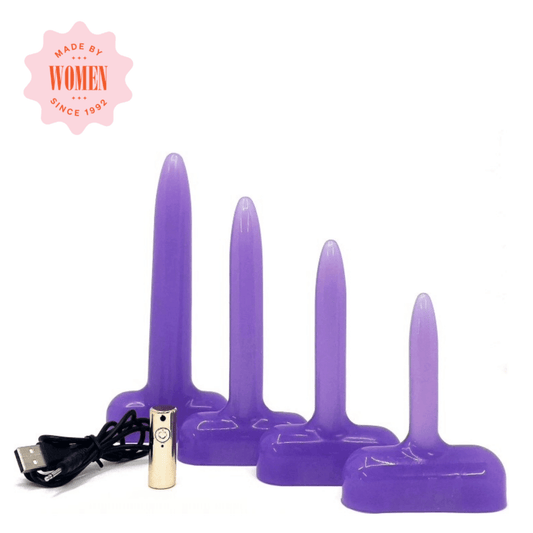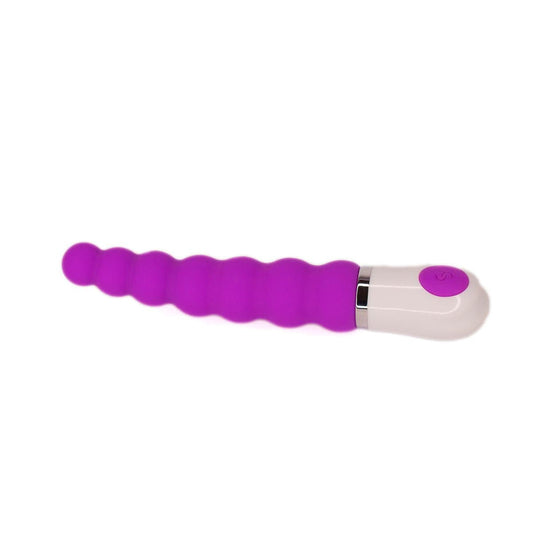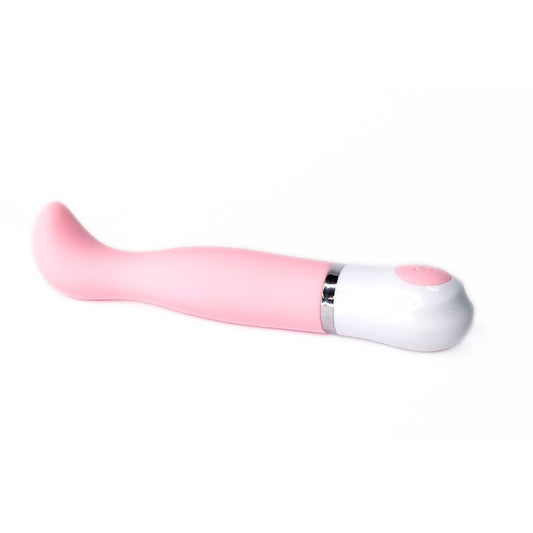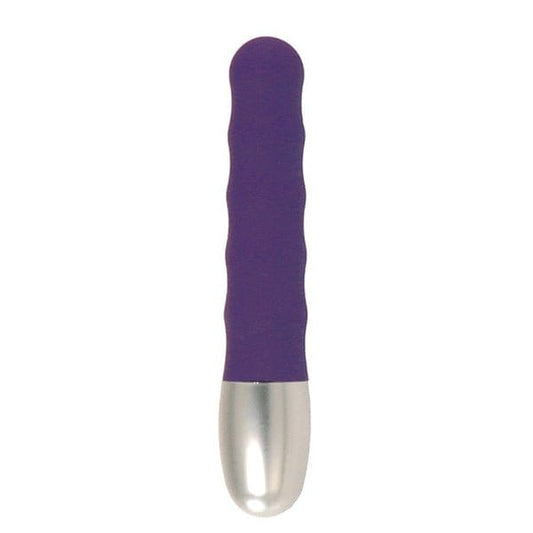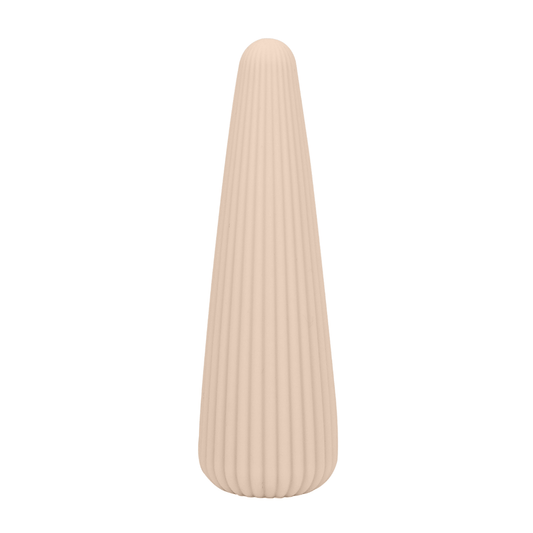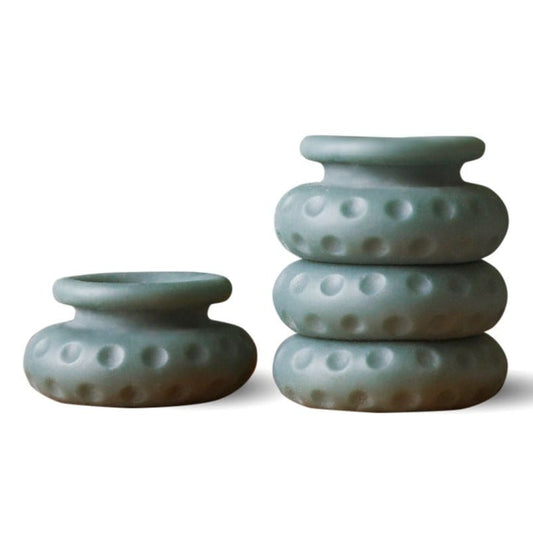Dear Sarah,
I’ve always found trying to have sex difficult. The first time I expected it to hurt but it never got better, my boyfriend had trouble penetrating and it was painful. I used to feel aroused, I love him and I am sure I am ready for sex.
I finally plucked up the courage to go to the doctor and was told I had Vaginismus.
He said my vagina is spasming and I need to do Kegel exercises and use dilators to train it. This was six months ago and I’m still struggling to get anything up there.
I’m 24 and scared that I will never be able to have sex, my very understanding boyfriend will leave and ultimately I will never be a mother. Is there anything I can do? Yours, A.
Dear A,
I can hear how scared and panicked you are.
How you feel is sadly very typical as Vaginismus is a distressing but also common condition. The good news is that there is a lot you can do to treat it.
It may feel like your body is being mean to you, but Vaginismus is your body’s way of protecting you.
It is a condition where your head tells the Kegel muscles in your vaginal walls squeeze together upon threat of penetration. While the dilators and Kegel exercises will help teach your vagina to mold itself around varying sizes of things entering you, you first you need to soothe your head and learn that you, your vagina, your relationship, intimacy, and/or penetration can be ok. And not just ok, these things that can feel good!
Thinking about the origins of the Vaginismus can help with this.
Sometimes people can remember a traumatic incident such as a medical procedure, an accident, a painful birth or abuse.
It could also be from being taught that sex is bad or reading or hearing about someone else’s pain or traumatic experience. Talking through this with a therapist can help you work through the thoughts and feelings in your head and stored in your body.
Some people do not know the origin but don’t worry, it doesn’t mean that you can’t move forward.
Becoming more acquainted with your vulva (the outside bit) before you explore your vagina (the inside bit) can help. Because we can’t see our vaginas without a mirror, it’s easy for it to become a mysterious, cut off place somewhere “down there.” If you unsure about the configuration of your vagina, looking at diagrams can help.
It’s great that you say you can become aroused so you are feeling some pleasure! For others, and you if you would like to build up acquaintance more mindfully, you may want to start with cupping your vulva with your hand (starting over your knickers if that is tricky.)
You can then start to explore it with your fingers, using lube. You might find it easier to do this in a bath or shower or in bed. Start by doing this with curiosity and not worrying about pleasurable feelings or orgasm – if they come up that’s lovely but there’s no pressure. Notice if any feelings of fear or panic come up – this are important information that can help you work out what your blocks may be.
Actually looking at your own vagina with a mirror can help understand what’s going on.
Everyone’s vagina looks different – they are as individual as a thumbprint, so your vulva may look different to how you imagined.
Drawing it can be a great way to help you explore your vulva and vagina with curiosity and a kind eye. You can try different materials, draw it at different times of the day, whatever you feel. Again, be mindful of any difficult feelings that you may feel. It’s good to work on these before moving on to exploring your vagina.
In the Kegel exercises the doctor mentioned, the muscles you are squeezing are the same that are causing the Vaginismus. The easiest way to find them is to stop the flow of urine next time you go to the bathroom. The muscles you are using are the ones you need to gain more control over. Squeezing and releasing these five times a couple times a day when you aren’t weeing will help you gain control of them.
When you’re able to feel the muscle relax, you can start with inserting something small like a pipe cleaner or your little fingers. Dilators given by the doctors can be great for some people who prefer a more clinical instrument.
Sh! do a range of Vaginimus toys that are prettier, softer, and incorporate a vibrating bullet.
The idea is that you move up in size of dilator, finger or toy until you get to something that is penis-sized. Sometimes the bigger toy is bigger than the penis, strap on, tampon or fingers that you hope to inset so don’t feel you need to get them all in before exploring with a partner. Only move on in size when you are really happy that you can insert the smaller size.
Aside from the work with your bits, thinking about what you find sexy, exploring fantasy and intimacy with another person is also a help.
- Do you like the idea of being intimate with someone?
- Do you feel any shame around being turned on?
It could be that the Vaginismus is more triggered by another person. When they are inserting toys or body parts into you, you have less control over exactly how they move their bodies.
There can also be pressure to have sex (both internal from you as well as external from your partner). It could be that letting someone inside you, being intimate, letting go of yourself with someone, could be scary or difficult. This is something you might explore during couples counselling.
While you are getting acquainted with vagina I strongly recommend that you do not have penetrative sex.
Of course, if you are in a relationship, however understanding your partner is, they may still be frustrated. Talking about this can help. You may be able to find ways of being intimate that doesn’t involve penetration. Whether this is baths together, mutual masturbation, exploring kink. If this feels like more pressure, again, couples therapy can be a place where frustrations, fears and worries are aired and where you can hopefully become a team, working together.
These are just some tips that may prompt you in to thinking about what you need. You may find your own way to find happiness with your bits. It could be that with a little time and working through them you are fine.
For others, because this is a condition that can run deep into the subconscious, and avoidance, anxiety and depression can be common. Some people choose to have no penetration at all, and this is great if it is a positive choice for you. If you do have any trouble, therapy can help through this journey, and working through the Vaginsmus, however you choose to have sex in future, can have a beneficial affect on other parts of your life.
I wish you the very best of luck,
Sarah

If you'd like to take a peek at Sarah's website, follow this link to her Sex & Relationship page.
 Skip to content
Skip to content












